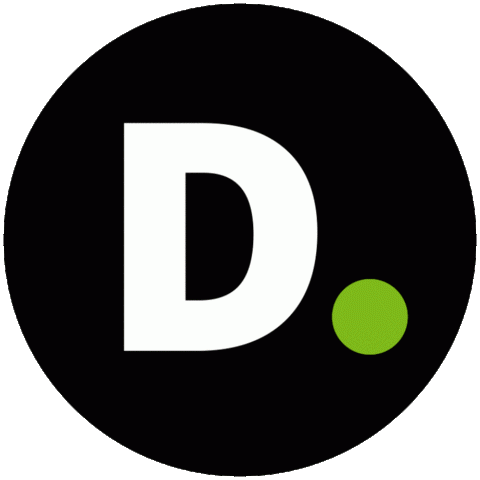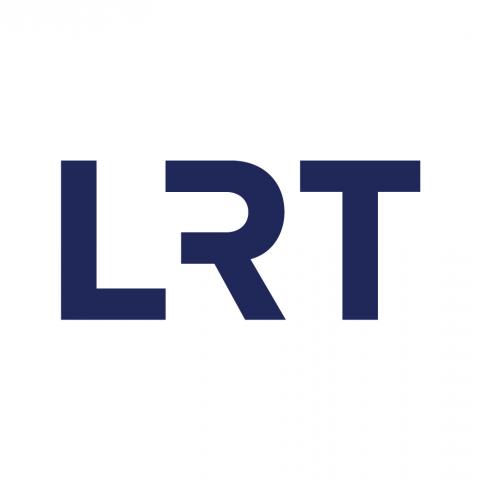
The Media Outlet has been independently certified according to the JTI Programme and CWA 17493:2019.

Certified by
Deloitte
Date of certification
16/02/2023
Contact details
477 Collins Street
3000 Melbourne
Australia

8. Disclosure of Revenue Sources and Data Collection
The aim of disclosure is to be able to assess potential conflicts of interests. Media Outlets are encouraged to exceed the financial disclosure requirements mandated by their national laws in order to achieve this goal. In cases where the requirements cannot be met, a justification for non-compliance should be published.
8.1. Sources of Revenue
The Media Outlet shall disclose a list of its sources of revenue, ranked from largest to smallest. These may include subscriptions, advertising, major donors and donations, subsidies, fees, sales, memberships, sponsorships, events, etc. Organisations obliged to publish or make public their financial information shall provide a reference to the source where the data is accessible. The Media Outlet may disclose its revenue and/or the categories of its sources of revenue, including the respective ratios. A Media Outlet owned by the state or the government, or financed with public money, shall disclose the nature of its source(s) of revenue: license fees, government budget, partnerships, public subscriptions, grants, commercial advertising, or other. Where a media entity deems itself precluded from disclosure of information due to safety and security concerns as outlined in the Terms and Definitions section, these shall be explained.
What are the categories of sources of revenue for the Media Outlet, ranked from largest to smallest? These may include subscriptions, advertising, major donors, donations, subsidies, fees, sales, memberships, sponsorships, events, etc.
• Allocations from the state budget – 45,792,000 EUR
• Targeted contributions from state-funded bodies; donation, support (incl., grants from foreign funds) – 206,700 EUR
• The allocations from the EU structural funds for a project – 25,800 EUR
• Income from the State Budget for depreciation and amortisation of assets accrued during the period – 6,314,400 EUR
• Revenue from services rendered and financial activities – 1,792,300 EUR. From them:
- Broadcasting sponsored announcements and cultural, social and reports and cultural, social and educational information – 849,300 EUR
- Rental of premises and services –370,700 EUR
- Sale of products, sub-licences – 130, 500 EUR
- Televoting services during programme broadcasting – 29,300 EUR
- Other revenues – 27,100
- Revenues from financial activities – 7,300
- Equipment rental – 1,400 EUR
Is the Media Outlet required to make financial disclosures?
YesAre those disclosures visible to the public?
YesWhat is the URL for those disclosures?
What is the revenue of the Media Outlet?
What is the ratio of the categories of revenue sources (as in question no. 46)?
• Allocations from the state budget (45,792,000 EUR) – 84.6 %
• Targeted contributions from state-funded bodies; donations, grants from foreign funds (206,700 EUR ) and the allocations from the EU structural funds for a project (25,800 EUR) – 0.4%
• Income from the state budget for depreciation and amortisation of assets accrued during the period (6,314,400 EUR) – 11.7 %
• Revenue from services rendered and financial activities (1,792,300 EUR) – 3.3%
What is the nature of the government sources of revenue? (For example, license fees, government budget, partnerships, grants, etc.?)
This funding model, where the budget is automatically calculated as a fixed share of the taxes collected by the State, is provided by the law and has been in place since 2015.
The Government sources of revenue also include income from the state budget for depreciation and amortisation of assets accrued during the period, targeted contributions from state-funded bodies, grants from foreign funds and EU-funded project allocations.
If you want to publish additional information, please provide it here.
Is there any reason for safety and security that you have given incomplete data in this section?
No8.2. Data collection disclosure
Where a Media Outlet processes personal data from its audiences, on its own or by engaging with third parties, that shall be disclosed. The Media Outlet shall describe what personal data is processed, by which methods and for what purpose.
Does your Media Outlet process any personal information from online visitors on its own or with third parties?
YesWhat information is processed?
- While providing LRT mobile application services: postal address; username; personal data specified in the person’s public profile in the social network, if the person uses the profile to login; technical data (IP address, login technical information); quiz results.
- LRT.lt web portal uses cookies which collect and process: the IP address of the browsing device, browsing time and history, and other technical data such as browser type, screen resolution and video player's information. Cookies are also collected by third parties.
- By providing an opportunity to comment and express opinion about publications/content on LRT.lt: the username of the person logged in to the Facebook account; the image of this account; the content of the comment.
- By providing an opportunity to submit feedback, questions, suggestions on LRT opinion platform / rubric: the person’s name and surname; the telephone number; the text of the feedback question, suggestion, information; technical data.
- While offering the LRT newsletter subscription service: the person's email address; newsletter order information; technical login information.
- While organising non-permanent projects, competitions, games run on the LRT portal and LRT’s account on Facebook: the person’s name and surname or the username of the Facebook account; phone number; email address; answers to the competitions and competition results; technical data.
- While providing an opportunity to acquire licensed audiovisual and audio records of the LRT archive in the archyvai.lrt.lt e-shop: the person’s name and surname; telephone number; e-mail address; technical data of the user account (user ID, IP address, technical data related to login and activities of the account). Additional order data collected and processed by LRT at the time of placing an order, payment and signing of the contract is specified in LRT Privacy Policy.
More information about the cookies used by LRT can be found under the "Slapukų nustatymai" ("Cookie settings") link at the bottom of the LRT.lt website.
For more information on how LRT collects and processes personal information see the LRT Privacy Policy at: https://apie.lrt.lt/privatumo-politika/.
What is the purpose for gathering that information?
-to help identify on-line users' interests;
-to measure audience size;
-to record browsing habits and maintain and improve the functionality of the website;
-to offer a more personalised user experience and better meet website visitors’ needs.
The LRT also processes personal information for these purposes:
-to record and respond to inquiries, complaints, and comments received at the LRT website and via LRT's opinion submission platforms (contact forms);
-to ensure that opinions and comments on the LRT website do not infringe the rights of other persons;
-to ensure the smooth operation of LRT mobile applications and newsletter subscription services;
-to ensure the security of user's personal accounts of LRT service users,
-to fulfil LRT’s obligations related to processing orders and delivery of services of the online shop: archyvai.lrt.lt and to the organisation of on-line competitions and tests;
-to ensure other on-line functionalities.
More information about the purpose for gathering and processing personal data can be found under the "Slapukų nustatymai" ("Cookie settings") link on the website LRT.lt and in the LRT Privacy Policy at: https://apie.lrt.lt/privatumo-politika/.